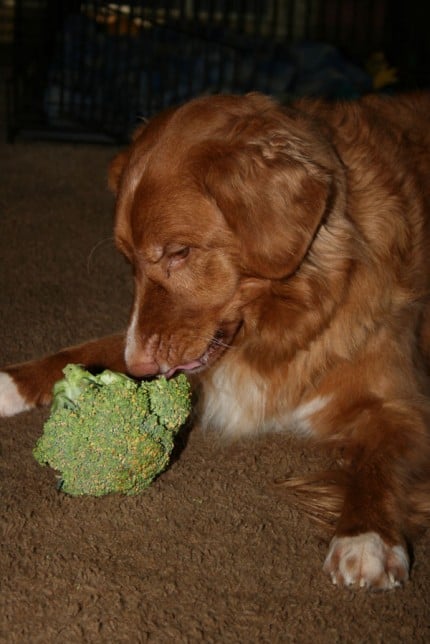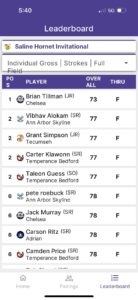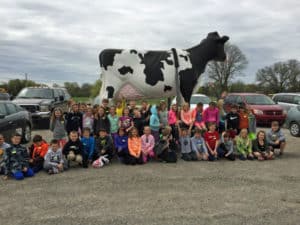
(Chelsea Update would like to thank Jennifer Fairfield, owner of The Garden Mill for the information in this column.)
(This is part 2. Part one published yesterday and part 3 will publish on Monday.)
Water
Along with your vegetables, to keep your potted annual flowers looking great all summer long, be sure to fertilize them, too. Whether you are watering them, or Mother Nature is, the water they are getting is flushing out whatever fertilizer they had, so regular feedings are a must. Also, don’t forget to deadhead. By removing dead flowers, you encourage the growth of new ones throughout the season.
This also goes for many perennials.
Weed.
And weed some more. And keep weeding.
Those weeds compete for water, food, and sunlight with the plants you are working so hard to grow. Don’t let them. If you just do a little bit of regular weeding, you can stay on top of it, and pulling small weeds that don’t have very established roots is a lot easier than pulling bigger ones that have had lots of time to get comfy where they are.
Slugs.
Are you seeing holes in your plant foliage – your tender vegetable seedlings, perennials, and annuals? I went away on vacation for a week, and came back to find all of my pepper plants eaten to some degree, and one of then taken down to almost nothing.
The culprits?
My best guess is slugs. The nasty, slimy little things can do a great deal of damage in just one night of dining. The evidence is the irregular holes they leave in leaves, or in the case of my one pepper plant, the total devastation of the plant itself. Slugs and snails are hard to spot – they don’t come out much during the day, preferring the cool of night to do their damage.
But their damage is pretty easy to identify – if you have hosta or bugleweed, you know what I mean, as those are some of their favorite plants, though they will munch on most anything, with the exception of most herbs and anything with fuzzy leaves. They also tend not to bother grasses.
Had I taken just a little precaution before leaving for vacation, I could have avoided most of the damage done to my veggie garden. I know better – I can only plead a lack of time. Of course, now I will be paying the price for that oversight.
I can only hope that the plants will survive the attack and that I can keep them from further harm. Otherwise, I will be without peppers this year, and what would I do without peppers? What I am doing now is what I should have done in the first place – control measures.
Slug and bug control
There are a number of things that everyone with any kind of garden can and should do to keep slugs and snails from destroying all your hard work.
Keep your garden clear of hiding places for them. Slugs and snails can’t take the heat and sun, so they hide in dark, moist places during the day. Removing things like boards, rocks, and debris from the area will mean they have to find somewhere else to hide. It’s not possible to remove all hiding places, though, because some of the places they hide include dense plantings, like groundcover.
They also like my densely planted leaf lettuce – it gives them a place to hide during the day, and provides a meal.
If you are watering your garden, do it in the morning. That gives the ground a chance to dry out by evening, and slugs don’t like dry ground. Unfortunately, we can’t control when or how much it rains, and the weather we’ve been experiencing is perfect for them.
Rough surfaces are one of the best controls for slugs and snails. Their bodies get scratched up and they dehydrate when they come in contact with anything rough or jagged.
Some options include rough sandpaper, crushed eggshells, and window screen. One of my favorite things to do is to put a barrier of window screen on the ground around my seedlings when I put them in the garden. It should extend out about 4 inches from the stem of the plant to provide enough surface to deter the pests.
Copper also works, apparently because it gives them a sort of electric shock when they come in contact with it. The price of copper might be a bit too high to use for all your plants, though.
Diatomaceous Earth dust is an organic product that is somewhat readily available. It comes from a rock that is the fossilized remains of a type of hard-shelled algae, and is ground into a jagged, abrasive form that can be scattered around your garden.
It works best when dry, so if we are getting a lot of rain or you are watering regularly, you will have to replace it frequently.
Happy Gardening.
(Part 3 of Happy Gardening will publish tomorrow.)














